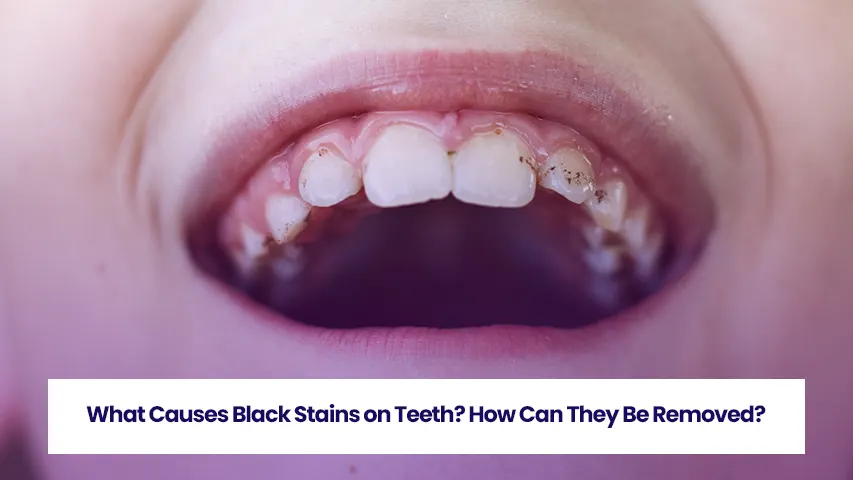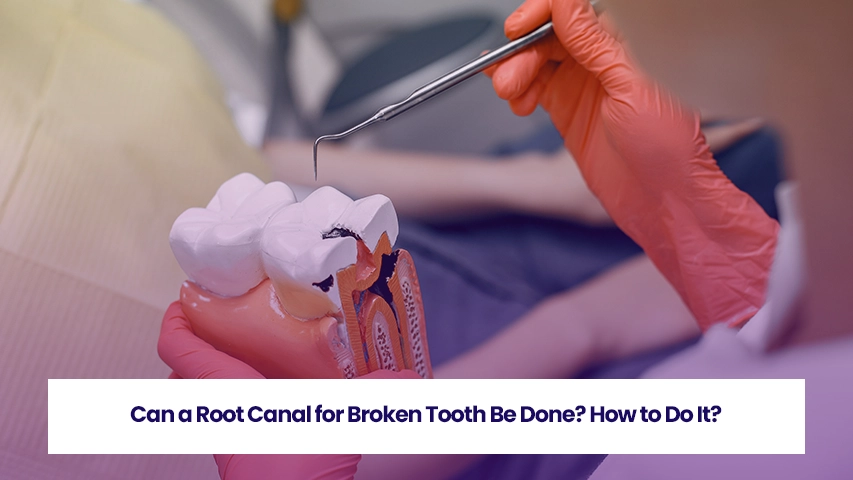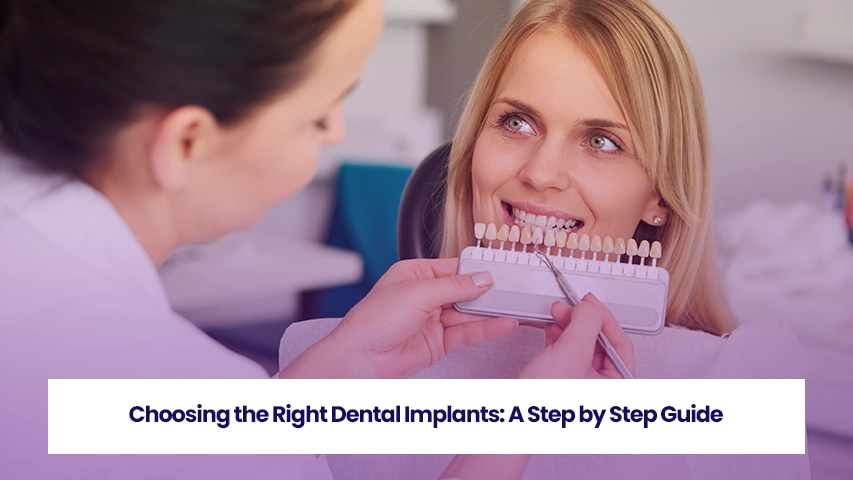
Best Foods for Healthy Teeth and Gums
18 October 2024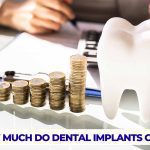
How Much Do Dental Implants Cost?
18 October 2024Teeth Grinding: Causes, Symptoms, and Treatment Options
Teeth grinding, medically known as bruxism, is a condition that affects many people, often without them even realizing it. Whether it occurs during sleep or while awake, bruxism can have a profound impact on the teeth, jaw, and overall oral health. The pressure from constant grinding can lead to significant damage if left untreated. Early recognition of teeth grinding symptoms is crucial for preventing further complications and ensuring proper bruxism treatment is applied.
The causes of bruxism vary widely, ranging from stress and anxiety to physical conditions such as misaligned teeth or sleep disorders. Understanding the bruxism causes can help in identifying appropriate solutions and reducing the negative effects of the condition. In places like Istanbul, where bruxism treatment Istanbul is readily available, patients can seek specialized care to manage this issue effectively.
What Causes Bruxism?
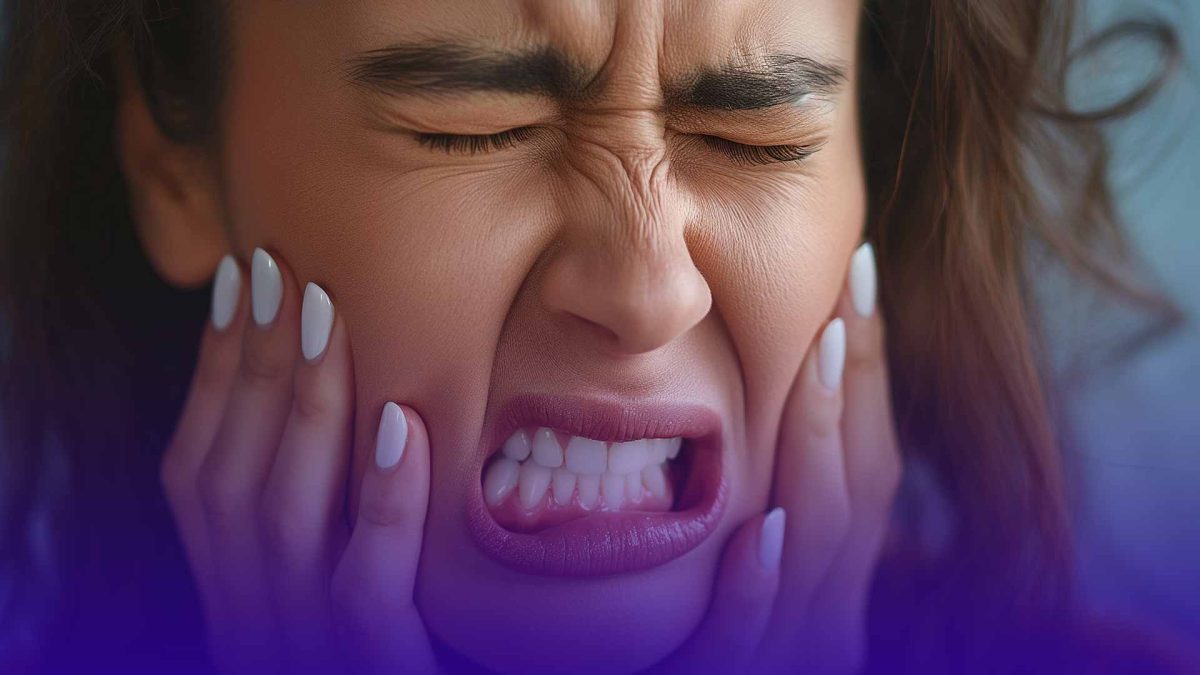
| Bruxism Causes | Explanation |
|---|---|
| Stress and Anxiety | Emotional tension often leads to unconscious jaw clenching and teeth grinding. |
| Sleep Disorders | Conditions like sleep apnea increase the risk of night time grinding. |
| Lifestyle Habits | Excessive caffeine, alcohol, or smoking can trigger and worsen teeth grinding. |
| Misaligned Teeth (Malocclusion) | An uneven bite can cause excessive strain on the jaw muscles, leading to grinding. |
| Medications | Some medications can have side effects that contribute to bruxism. |
Stress is one of the major factors contributing to bruxism, as it often leads to an involuntary reaction of clenching one’s jaws and grinding the teeth. Lots of people do this at night and do not even know that they have the symptoms of teeth grinding until the effects of the symptom start occurring. There are also sleep disorders like sleep apnoea that are often associated with bruxism since they are highly likely to lead to grinding of the teeth while asleep. Additionally, lifestyle elements, such as drinking too much alcohol or coffee and chewing tobacco, may worsen the problem of bruxism.
On a physical level, misaligned teeth or an uneven bite can also cause individuals to grind their teeth. When the teeth don’t fit together properly, the jaw muscles work harder to compensate, leading to bruxism. In some cases, medication side effects or underlying neurological conditions may contribute to the condition. Addressing these bruxism causes requires a tailored approach to care, which can include dental treatments or other interventions.
Recognizing the Symptoms of Teeth Grinding
Many people with bruxism are unaware of their condition until they experience discomfort or are informed by a dentist. The most common teeth grinding symptoms include jaw pain, headaches, and soreness in the face or neck. Some may notice worn down teeth or increased sensitivity, which are telltale signs of grinding. Left untreated, bruxism can lead to more serious issues such as tooth fractures, gum recession, and even tooth loss.
Besides these bodily manifestations, bruxism may also disrupt the sleeping pattern of the teeth clencher and people around him or her as well. The grinding may produce sounds that are sufficient to rouse a sleeping partner, while the condition may interfere with the sleep of the person diagnosed with it. It is important to visit a dentist regularly, as early stages of teeth grinding can be diagnosed by observing the abrading of teeth that tends to occur in the lower jaw region.
How to Treat Bruxism Effectively

| Bruxism Treatment Options | Description |
|---|---|
| Mouthguards and Splints | Custom devices to prevent teeth grinding during sleep. |
| Behavioral Therapies | Techniques like cognitive behavioral therapy to reduce stress induced grinding. |
| Orthodontic Treatments | Addressing bite alignment issues that contribute to bruxism. |
| Botox Injections | Relax the jaw muscles to reduce clenching and grinding. |
| Physical Therapy | Exercises that help strengthen jaw muscles and reduce tension. |
There are various approaches to bruxism treatment, depending on the underlying causes and severity of the condition. For those whose bruxism is stress related, incorporating stress management techniques such as meditation, yoga, or therapy can help reduce the frequency of grinding. These methods provide essential dental stress relief by targeting the root emotional causes of bruxism.
In more severe cases, dental interventions are often necessary. Dentists may recommend the use of custom mouthguards or splints, which protect the teeth from further damage by providing a barrier during sleep. These devices are effective in alleviating teeth grinding symptoms by cushioning the teeth and preventing direct contact. For individuals with an uneven bite, orthodontic treatments or dental restorations may be required to correct the alignment of the teeth and jaw.
In some cases, jaw pain solutions such as Botox injections or physical therapy may be beneficial. Botox helps to relax the overactive jaw muscles, reducing the intensity of grinding. Physical therapy, on the other hand, focuses on exercises that strengthen the jaw and reduce muscle tension, providing a natural approach to dental stress relief. Patients in Istanbul seeking bruxism treatment Istanbul have access to a variety of professional services that can be customized to their specific needs.

Long Term Solutions for Bruxism
For those dealing with bruxism, finding long term relief is essential. By addressing both the emotional and physical bruxism causes, individuals can significantly reduce the impact of the condition. Lifestyle changes, such as cutting back on caffeine or alcohol, can also contribute to better bruxism treatment outcomes. Regular dental visits will help monitor the progress of the treatment and ensure that no additional dental issues arise.
It’s also important to continue practicing good dental hygiene while managing bruxism. Regular brushing, flossing, and using fluoride treatments can help protect the teeth from the wear and tear caused by grinding. Dentists in Istanbul specializing in bruxism treatment can also provide personalized guidance on maintaining oral health while managing the condition.
Managing Bruxism for Better Oral Health
It can be concluded that bruxism has a complex aetiology which is not restricted to emotional stress. The most important aspect of preventing the long term consequences of bruxism is the recognition of symptoms associated with teeth grinding at an early stage and appropriate bruxism treatment Istanbul. Treatment of bruxism includes behavioural modifications, dental treatments and pain management all of which are effective in alleviating the problem and in achieving long term relief. As far as specialists are concerned, Istanbul has got lots of bruxism therapy and other oral care attentions for patients who are on the lookout for help.
By understanding the bruxism causes and applying the appropriate treatments, individuals can find significant improvement in their condition. Whether through stress management, dental devices, or lifestyle changes, the path to lasting dental stress relief and healthy teeth is well within reach.









